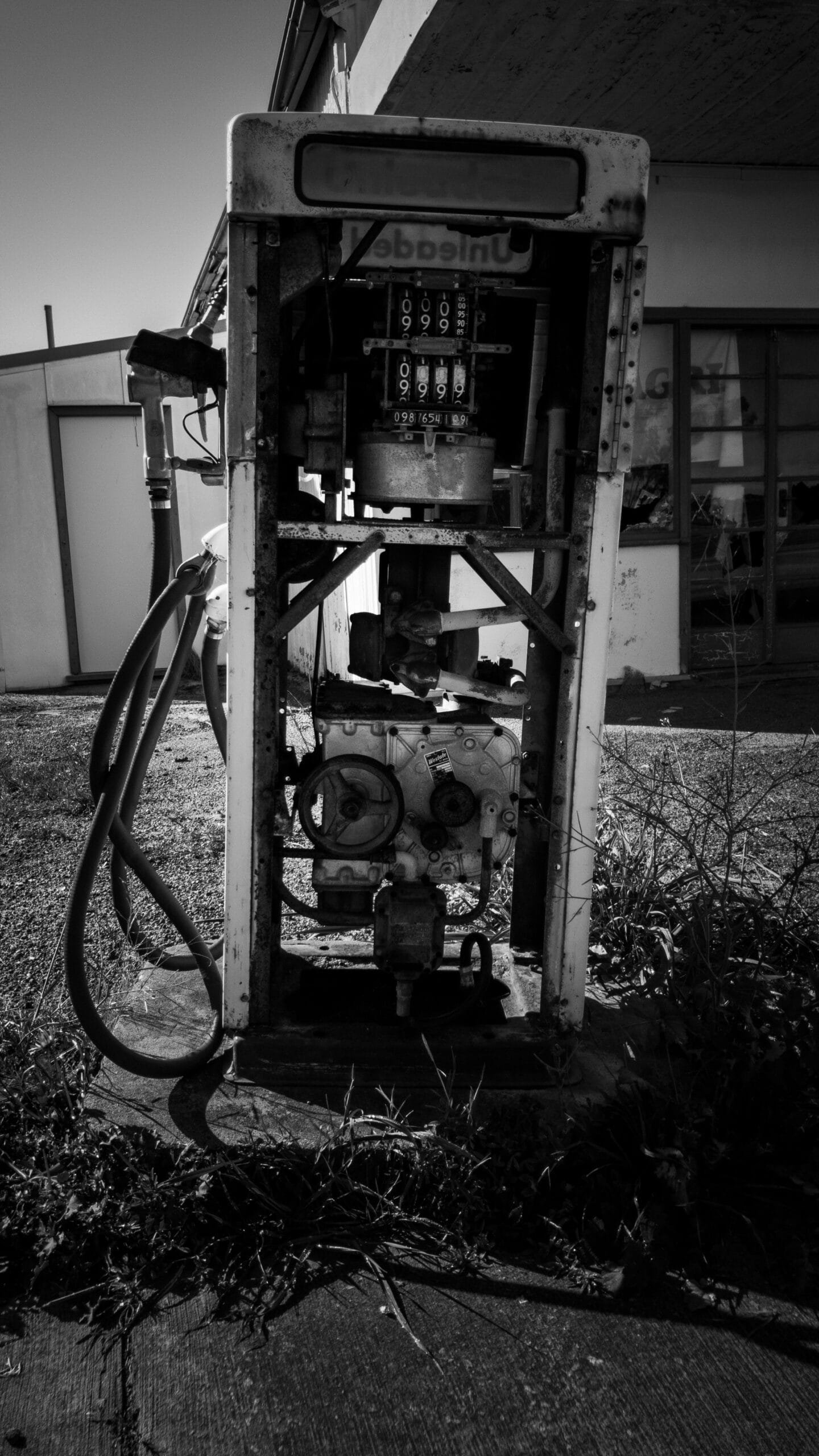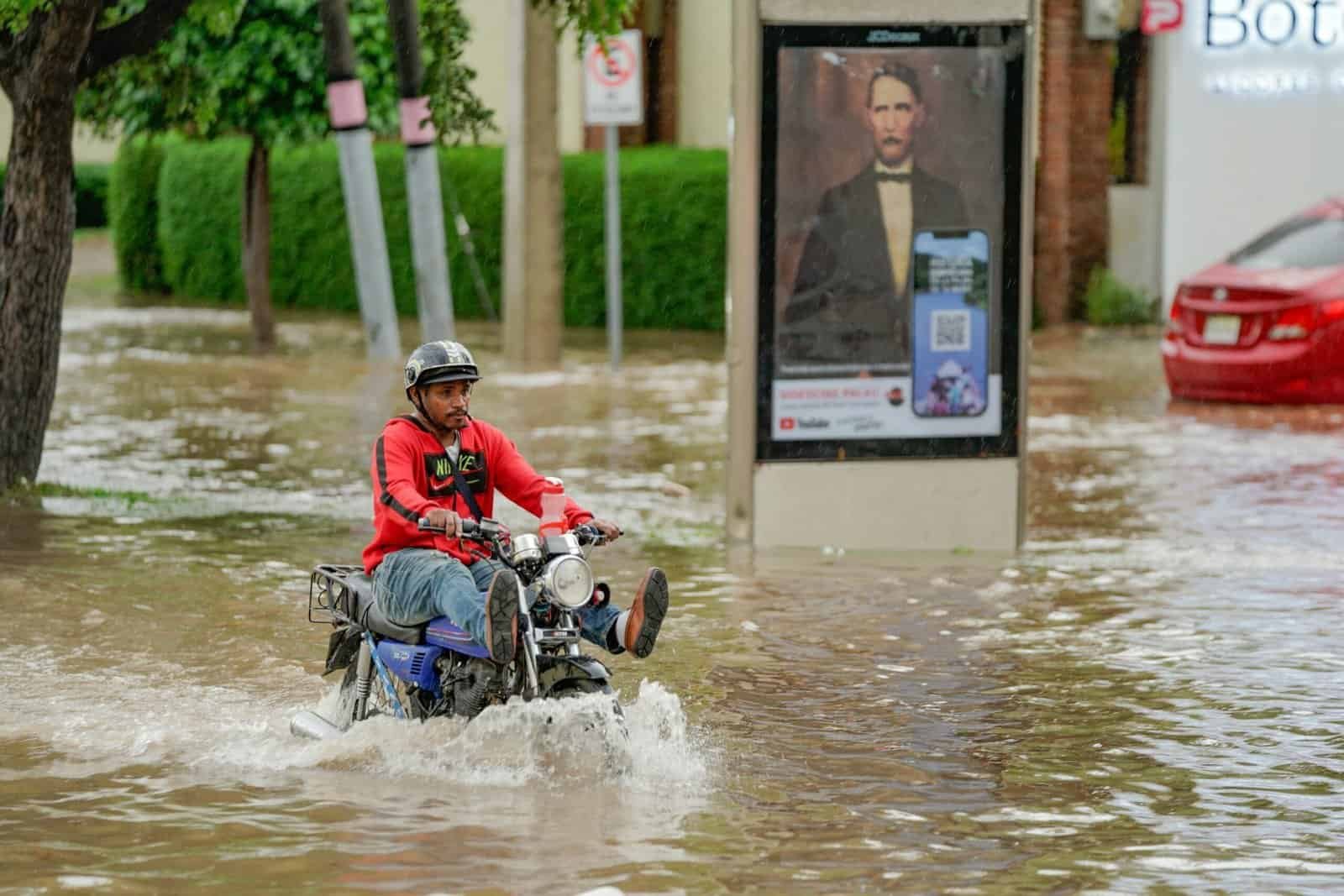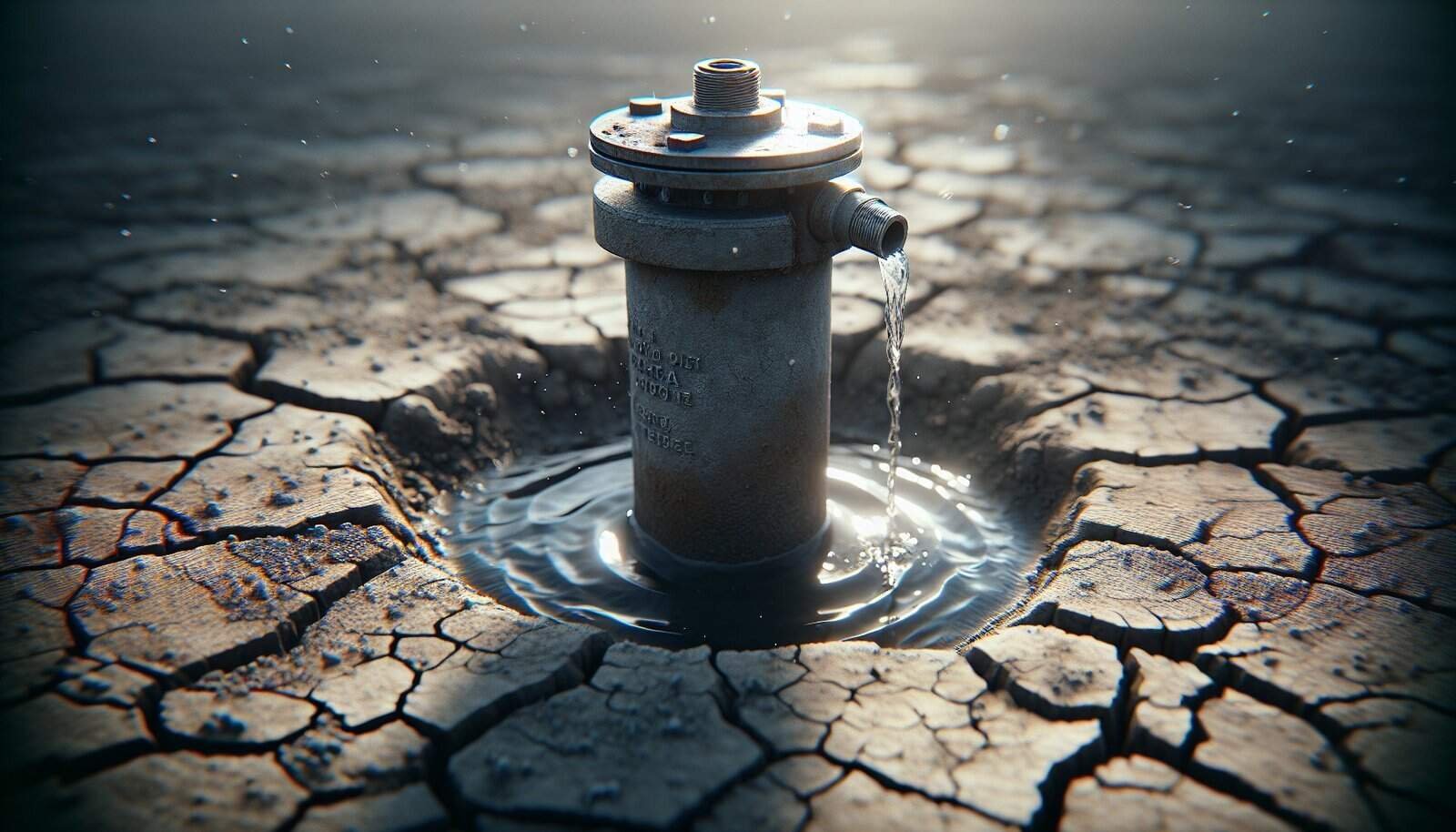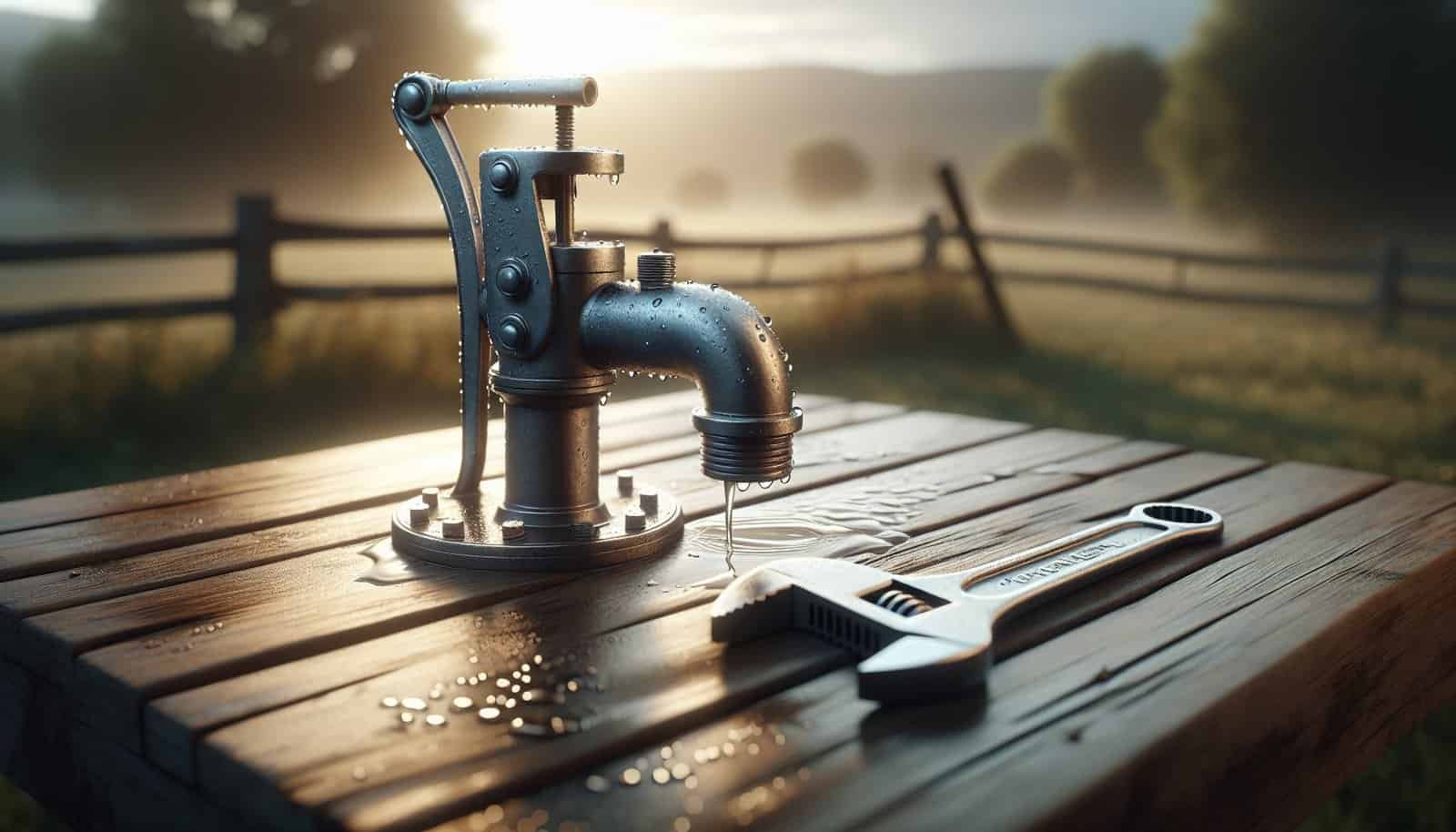Install a constant pressure system for your well: step-by-step guide, parts, costs, permits, troubleshooting, 2025 funding options to get steady water pressure.
What Are Safe Practices For Maintaining A Well Pump?
Practical, safety-first tips to maintain your well pump, protect water quality, prevent breakdowns, and keep your family supplied with reliable water into 2025.
Can I Share A Water Well With My Neighbors?
Learn if you can share a water well with neighbors – laws, costs, agreements, testing, responsibilities to protect your water, investment & rights. Get answers.
How Do I Know If My Water Softener Is Safe For My Well?
Learn how to test, install, and maintain water softeners safely for private wells, prevent contamination, manage brine discharge, and follow local guidelines.!!
What Emergency Steps Should I Take If My Well Is Contaminated?
Suspect your well is contaminated? Act fast: stop using water, obtain bottled water, notify health officials, test the well, and follow emergency cleanup steps.
How Do I Protect My Well From Flooding?
Learn how to protect your well from flood contamination – preventive steps, immediate actions, disinfection, testing (including lead), and when to call a pro.!!
Can Earthquakes Affect Water Well Safety?
Earthquakes can damage wells and mobilize contaminants. Learn warning signs, immediate safety actions, and how to test for VOCs to protect drinking water. Today.
What Should I Do If My Well Pump Fails?
Lost well water? Find safe first steps, electrical and equipment checks, quick troubleshooting, temporary water options, when to call a pro, and testing advice.
What Are The Safest Materials For Well Casing?
Which well casing materials best protect drinking water? Learn PVC, HDPE, stainless and FRP, plus how chemistry, standards and sealing reduce contamination now.
How Do I Know If My Well Is Running Low?
Spot signs, causes and DIY checks to see if your well is running low – reduced flow, pump cycling, low pressure, water tests and urgent steps to protect…










